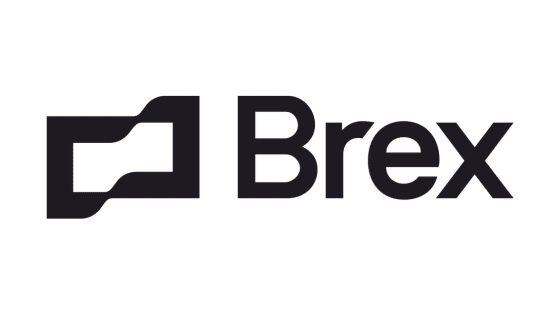Some of the biggest names in fintech are doing their part to make this January among the most miserable in recent memory. At least for big tech workers.
Of course, we have all seen the reports that Google is laying off thousands of workers, from engineering to sales. And CEO Sundar Pichai is warning workers that there is more to come this year.
Not to be outdone, some of the biggest and most celebrated names in fintech are joining the party in the name of getting costs in line and adapting to the more austere reality that 2024 appears to be shaping up to be.
For example, last year, Stripe laid off a reported 260 staffers. And Plaid topped that with 1,000.
Today we learned that Brex cut 20% of its staff. The company reportedly sent 200 of 1,000 employees an email informing them that their services will no longer be required. This cut follows an 11% staff reduction late in 2022.
One interesting aside is that some of the coverage of Brex’s decision to trim staff was paired with the observation that the company was valued at more than US$12 billion. As if this represents a dichotomy and companies with rich valuations never feel any pressure to reduce costs. Or somehow shouldn’t. At some point, nearly every company does.
And as funding environments change, companies often scramble to pivot from accumulating talent to shedding it. This is a point that my This Week in Local podcast co-host Mike Boland and I have often discussed on the show.
For fintech companies, rising interest rates have been a challenge many have struggled to keep pace with.
According to stories in Bloomberg, The Information, and others, Brex’s decision to cut back was related to a high burn rate and stalling growth.
Looking Overseas
In what seems to be a related development, Quartz reported today that Brex, founded in 2007 by Brazilians Henrique Dubugras and Pedro Franceschi, is now looking overseas for new talent. Presumably, this is less expensive talent.
“The company, which has offices in San Francisco and New York, has been recruiting in Latin America, Israel, and Canada, with an emphasis on software engineering, according to the employee familiar with the matter,” Quartz wrote today.
The publication says this represents a pivot for Brex, which had been recruiting high-priced talent from the likes of Google and Meta.
Quartz also reports that Brex is losing as much as $16 million per month. The publication sourced this to an unnamed Brex employee. It was not able to confirm this information with a named Brex source.
Still, all this points to a high-flying company coming to grips with the need to reduce the burn. And get back in the good graces of investors.
In Brex’s case, its investors are prominent. Those backing the firm include members of the PayPal mafia, including Peter Thiel and Max Levchin. Brex is also a Y Combinator alum.
We suspect this transition will take place with other companies with rich valuations before this process is fully played out.




